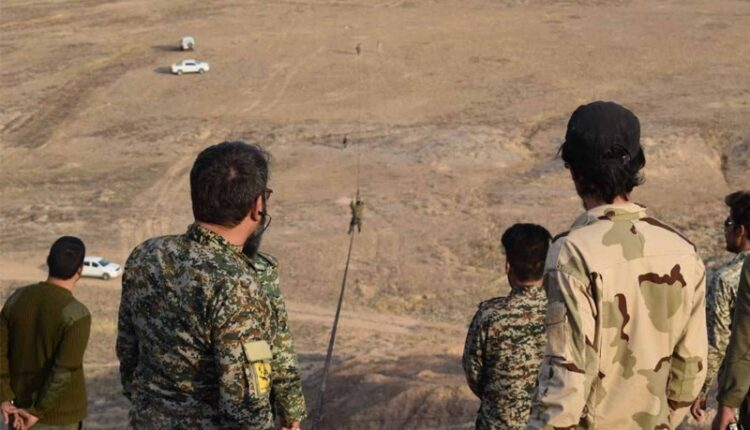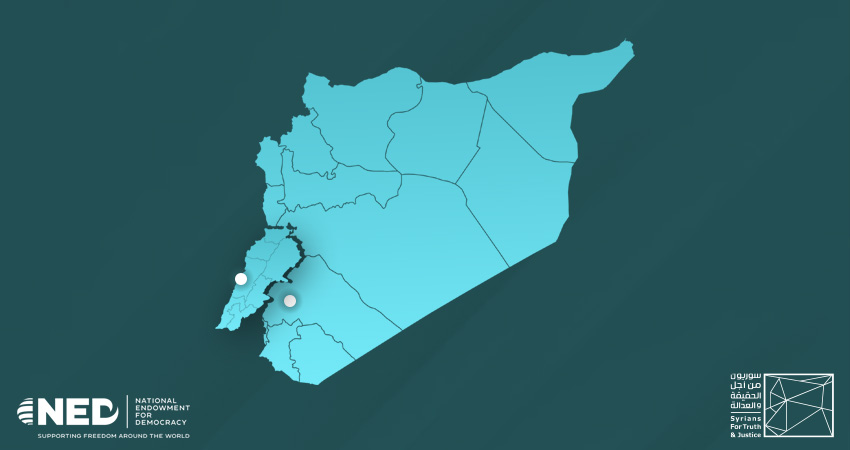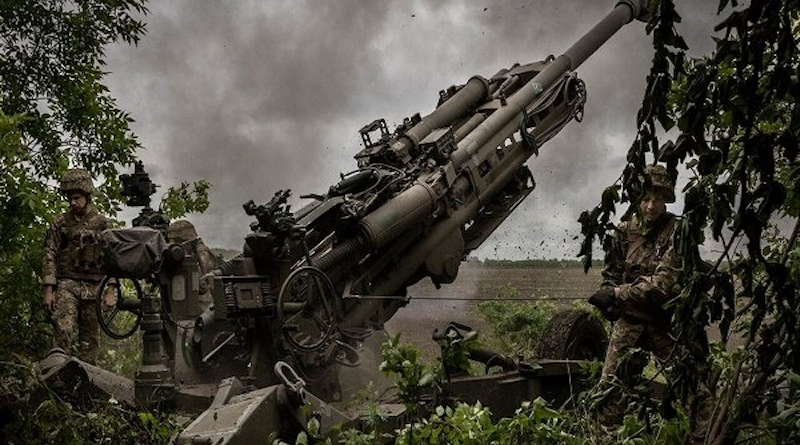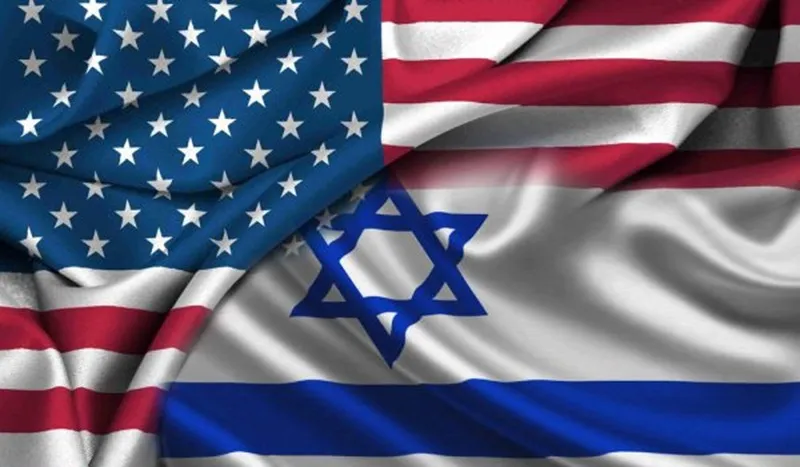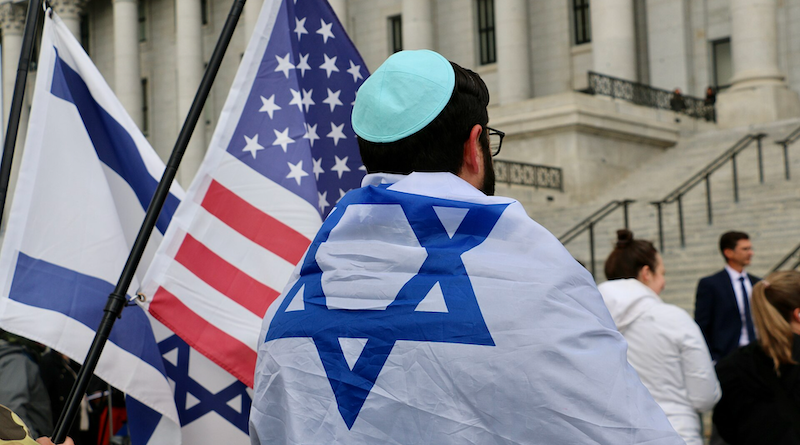Regime Acquires Foreign Security Companies: Loyalty First
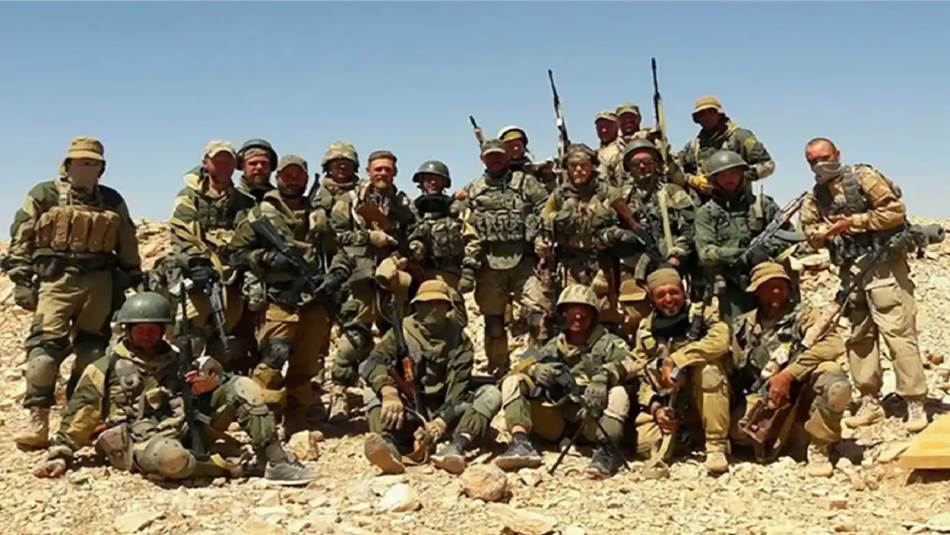
The primary objective behind these new amendments is to exert pressure on Russian companies, according to al-Modon.
The Syrian regime is making efforts to exert control over security companies, particularly those with ties to foreign entities funded by Russia, Iran, or Syrian companies closely associated with them. These efforts involve amending the Security Companies Law, which enhances the regime’s ability to influence and acquire these entities, often through specific agreements with its Iranian allies.


